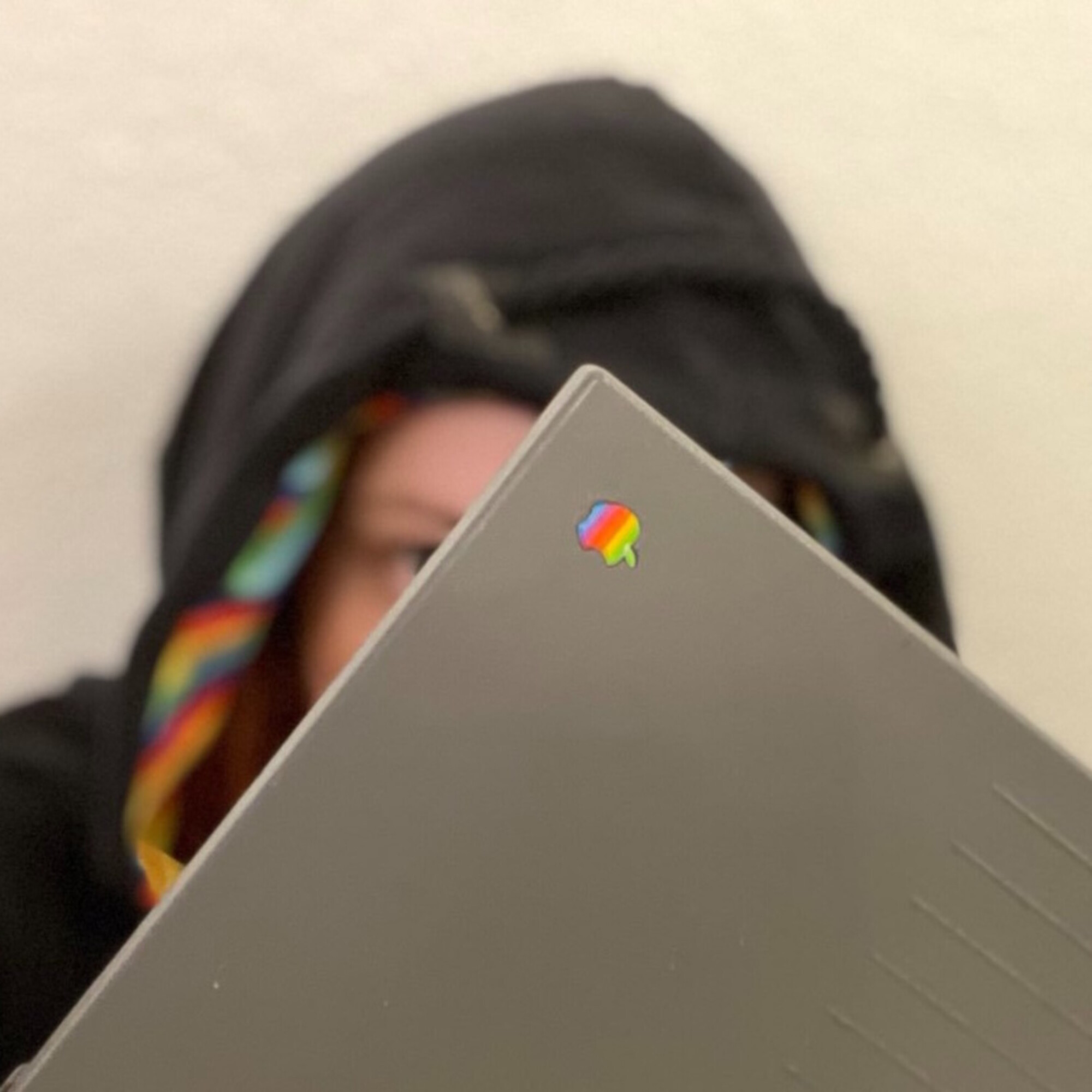Biography
Jiska Classen is a wireless and mobile security researcher. The intersection of these topics means that she digs into iOS internals, reverse engineers wireless firmware, and analyzes proprietary protocols. Her practical work on public Bluetooth security analysis tooling uncovered remote code execution and cryptographic flaws in billions of mobile devices. She also likes to work on obscure and upcoming wireless technologies, for example, she recently uncovered vulnerabilities in Ultra-wideband distance measurement and reverse engineered Apple's AirTag communication protocol.
Starting in July 2023, she will have her own research group at Hasso Plattner Institute in Potsdam.
She has previously spoken at Black Hat USA, DEF CON, RECon, hardwear.io, Chaos Communication Congress, Chaos Communication Camp, Gulasch Programmier Nacht, MRMCDs, Easterhegg, Troopers, Pass the Salt, NotPinkCon, gave various lectures and trainings, and published at prestigious academic venues.
